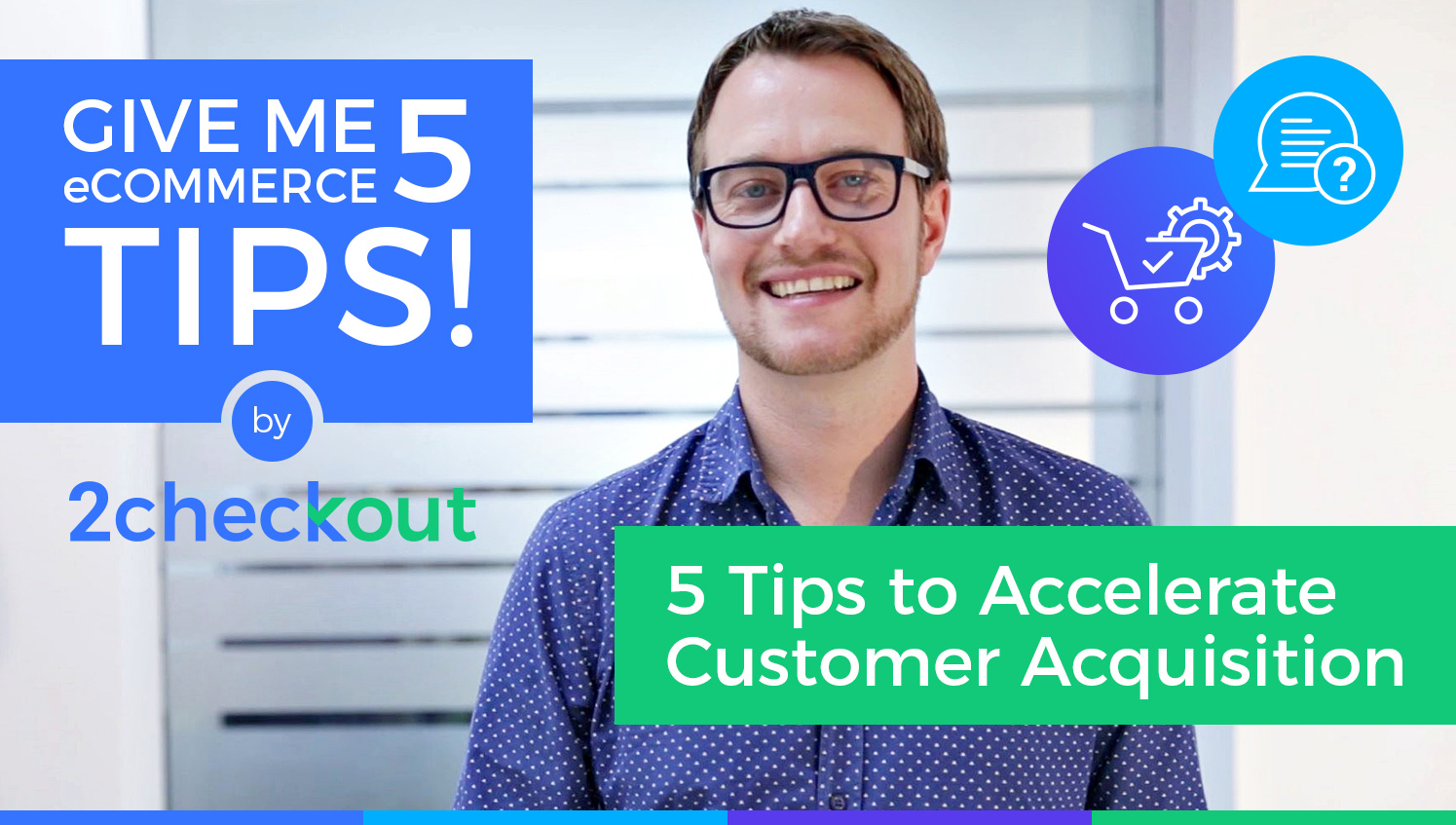Hello, everybody! Welcome to another episode of our Give me 5! series, where we share 5 useful eCommerce tips that will help improve your strategies and get you on the road to success.
In this episode of the series, we’re going to debunk five of the most common payment myths you hear from most payment processors.
First of all, if you assume that accepting payments online is enough to make your business take off and improve your conversion rates, let me tell you: this is only the beginning of the story. To set the record straight, there’s more to eCommerce success than simply taking credit cards.
Sure, you need to start with accepting payments, but then you may want to scale your business, reach new markets or maybe switch to a subscription model. This is where you hit the wall: the first payment processor you picked doesn’t meet your needs anymore.
To avoid this kind of situation, here are the myths most payment processors are selling and how to outsmart them.
1. We’ll grow your conversion rate
Payment providers charge for access to their platform, the payment processors they are integrated with and the payment methods they support. In general, they make money whether your transaction is successful or not. So, they have no real reason to put effort into increasing your conversion rates. You’ll need to engage in conversion rate optimization on your own.
2. We have the lowest rates on the market
It might be true that when you start out, the basic processing fee is low, but you need to check what other fees are added on top of that. There may be additional fees for local payment methods, which is fine, but make sure the costs are transparent. Here are just some of the hidden fees you could run into:
- foreign exchange mark-ups
- international surcharges
- chargeback fees
- professional services fees.
Make sure you take all these fees into account when you calculate your ROI for payment processing.
3. We help with chargebacks and refunds
Payment processors make money on every chargeback and refund they process, so there’s no incentive for them to manage or fight these on your behalf. In the long term, this can cost you business.
Check out the small print in your agreement. Issuing fees for refunds and chargebacks may be fair in some situations, but it’s also fair for you to have transparency on costs and to know your best interests are protected.
4. We make it easy to scale
Very often, in order to have true scalability with payment processors, you have to implement partner offerings. This means other contracts, more fees, additional risk evaluation, integration time and costs, etc.
You have to set up all of these to complete the framework for your commerce functionality and help your business grow. If you’re already running an online business, you probably don’t have the time to go through this complicated process.
5. We support recurring payments
Most payment processors today support recurring transactions. Sometimes, they support recurring online payments via a wallet, or via a third party partnership, which means another implementation, another contract to sign, and so on.
However, there are many revenue recovery tools and services that you can employ today that help increase authorization and renewal rates, which some providers may not have of¬-the-shelf, or they have through additional integrations.
Now that you know the truth behind some of the myths payment processors are trying to sell, you’ll be able to make a better decision in choosing the best payment processor or digital commerce platform for your eCommerce business.
Want some extra tips on how to acquire new customers? The don’t miss out our previous episode!






